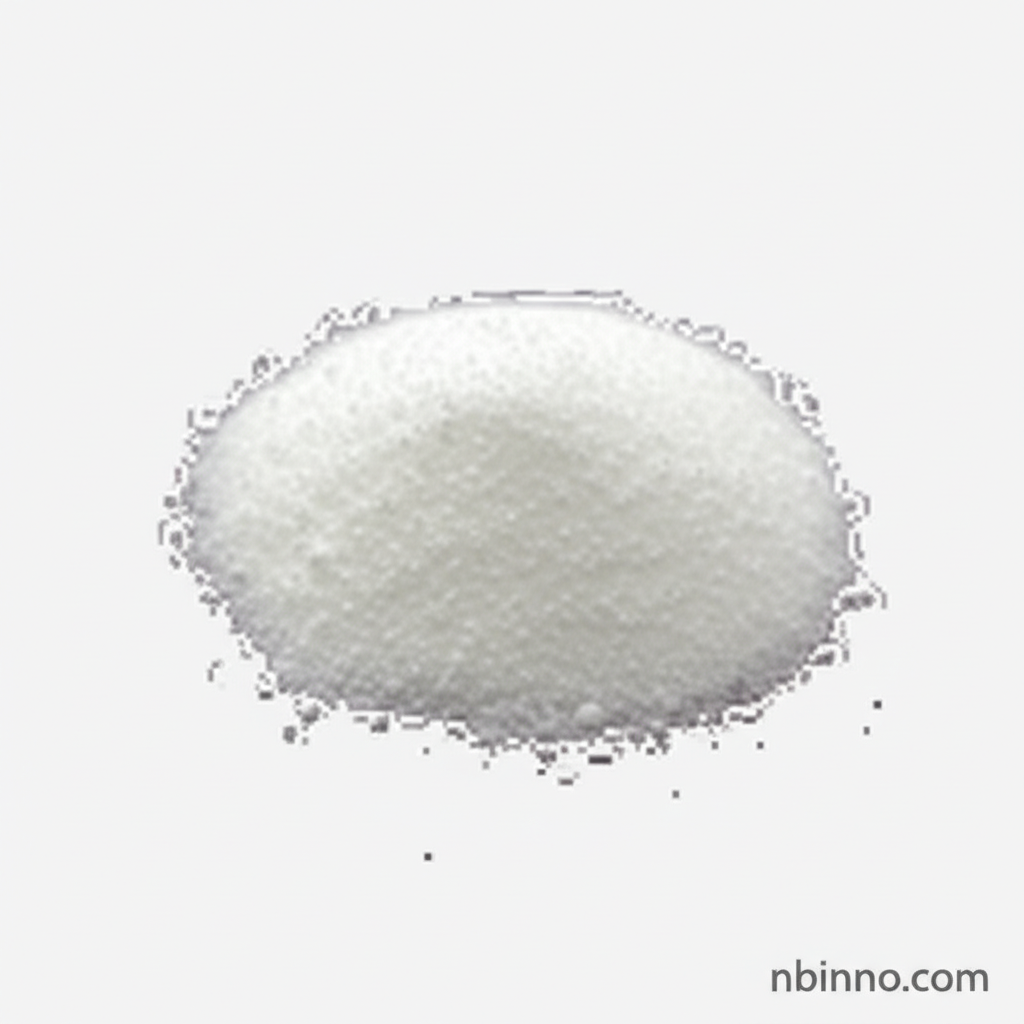Tauroursodeoxycholic Acid: A Comprehensive Guide to its Properties, Applications, and Benefits
Discover the multifaceted benefits of Tauroursodeoxycholic Acid (TUDCA), a key bile acid with potent cytoprotective and therapeutic properties.
Get a Quote & SampleProduct Core Value

Tauroursodeoxycholic Acid
Tauroursodeoxycholic Acid (TUDCA) is a naturally occurring hydrophilic bile acid that plays a critical role in cellular health. Synthesized from ursodeoxycholic acid (UDCA) and taurine, TUDCA is recognized for its ability to inhibit apoptosis, reduce endoplasmic reticulum stress, and promote proper protein folding. This makes it a valuable compound in research and potential therapeutic applications for liver diseases, neurodegenerative disorders, and other conditions characterized by cellular damage.
- Learn about the cytoprotective agent research capabilities of Tauroursodeoxycholic Acid in various disease models.
- Understand the apoptosis inhibitor mechanism and how TUDCA protects cells from programmed cell death.
- Explore the neuroprotective effects of bile acids, particularly TUDCA's role in safeguarding neuronal health.
- Discover the chemical chaperone properties of TUDCA, aiding in protein folding and cellular homeostasis.
Key Advantages Offered
Cellular Protection
TUDCA is renowned for its significant cytoprotective agent research applications, effectively shielding cells from damage and dysfunction, crucial for maintaining organ health.
Disease Management Potential
Its role as an apoptosis inhibitor mechanism makes TUDCA a promising agent for conditions involving excessive cell death, such as neurodegenerative diseases.
Enhanced Solubility and Activity
The conjugation with taurine significantly enhances TUDCA's solubility and biological activity compared to UDCA, improving its bioavailability for therapeutic use.
Key Applications
Hepatoprotection
TUDCA is extensively studied for its efficacy in ameliorating liver conditions such as cholestasis, demonstrating its value in cholestasis treatment with tudca.
Neurodegenerative Diseases
The compound's ability to cross the blood-brain barrier and exhibit neuroprotective effects makes it a subject of interest for Alzheimer's, Parkinson's, and ALS research.
Chemical Chaperone Therapy
TUDCA's function as a chemical chaperone helps in protein folding and alleviating endoplasmic reticulum stress, supporting cellular health across various tissues.
Metabolic Health
Emerging research suggests TUDCA may improve insulin sensitivity, offering potential benefits for individuals with metabolic disorders like diabetes and obesity.
